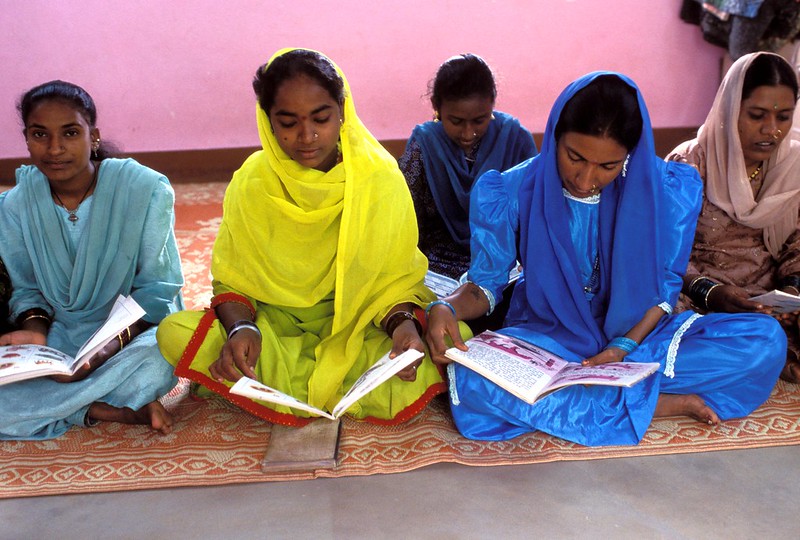Increased HIP presence in countries and strong engagement among different networks could lead to the HIP products getting into the hands of decision-making bodies. Earlier this year, the HIP P&D team developed and launched HIP Brief Presentations. These are designed for individuals and groups to present the briefs to different audiences, complete with talking notes for presenters. For example, a program implementer could use the Supply Chain Management presentation to advocate for investing funds to strengthen the FP commodity supply chain to decision-makers.
A Need to Talk to One Another
Participants also expressed a need to improve knowledge sharing across organizations that have implemented or are currently implementing a HIP. The HIP Webinars are great to hear about how a HIP is being implemented in one context, but what about bringing that into a completely different region? A respondent from Colombia raised that it can be difficult to understand how to implement a HIP that is completely new from one webinar alone. A key recommendation from the study suggests that strengthened knowledge sharing among the local networks mentioned above will enable individuals and organizations to connect more often through webinars and other events to exchange information on HIP implementation in their similar contexts.
What the Findings Suggest for the HIPs Partnership
The HIP Partnership and its network has immense potential but is only effective if it is capitalized upon. We encourage organizations and individuals who are actively engaged with the HIPs, whether it be through membership in the Partnership, reading or using HIP products, or attending HIP webinars, to spread the word. Share the HIPs with local organizations in your network. The findings from the evaluation revealed the many use cases of HIP products. People around the world use the HIPs in designing, advocating for, and implementing high-impact practices in family planning. All of us have a role to play in ensuring that these products reach those who need them.
What the Findings Suggest for Future Studies of Knowledge Products
Knowledge SUCCESS firmly believes that documenting best practices and sharing implementation experiences can result in improved programming. Understanding how knowledge products can be most effective and useful is paramount to the documentation effort. Studies like this HIP evaluation shed light on how knowledge products can be used for advocacy to decision-makers, integrating FP/RH alongside another health area, or scaling up a particular practice.
This evaluation provided insight into how the HIPs are functioning as knowledge products for FP/RH practitioners and decision-makers and how their effectiveness and use can be improved. We hope that by disseminating the answers to the research questions, with evidence from the study, the HIP audience, (including users and members of the Partnership) can learn how HIP products are being used and shared in global FP/RH programming. Through this, we, the FP/RH community, can all better understand how knowledge products are used for program implementation and how they can be more user-friendly and effective. Over time, the improved use of FP/RH knowledge products and knowledge sharing will result in better family planning outcomes.







